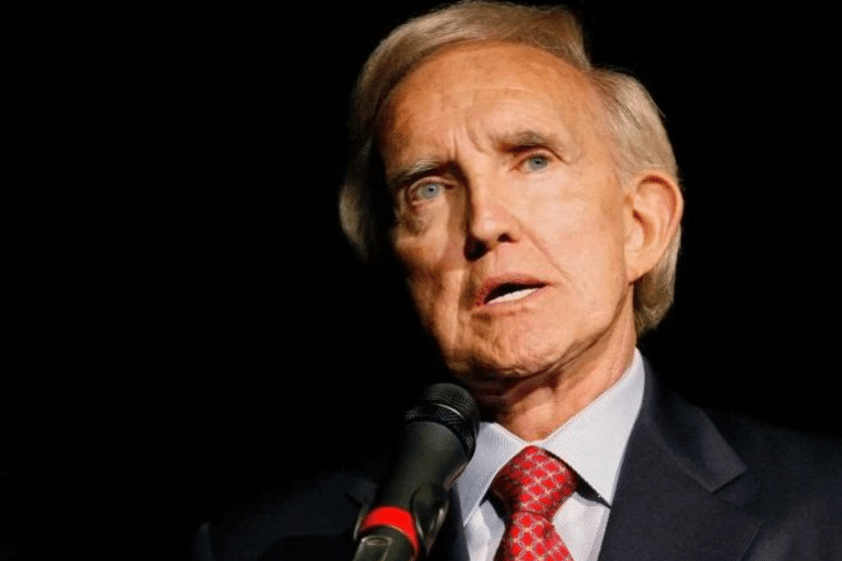Flashback to twenty-five years ago, country music legend Willie Nelson touched the hearts of many fans with his performance of “Amazing Grace” during Farm Aid’s 10th Anniversary. The benefit concert was held at Louisville, Kentucky, and it drew 47,000 supporters to a sold-out concert, raising more than $1 million.
Farm Aid started as an idea during a Live Aid Concert where Bob Dylan said on stage, “Wouldn’t it be great if we did something for our own farmers right here in America?” to which Willie Nelson, John Mellencamp, and Neil Young agreed. Ever since then, Farm Aid has been held nearly every year.
Ten years later, the farm crisis continued to force over 500 farmers off their land every week. So Farm Aid hosted a national town hall meeting together with the family farm leaders where they urged President Clinton to veto any farm bill that would force family farmers from their land. After the meeting, Clinton responded in writing.
“Our nation’s agricultural success comes from the hardworking men and women who till the fields and grow our food, and they deserve our respect, gratitude, and support,” he said. Guess the song “Amazing Grace” was more than perfect for such an event.
“Amazing grace, how sweet the sound. That saved a wretch like me. I once was lost, but now I’m found. I was blind, but now I see,” the song goes.
The Interesting Story Behind The Song
Ironically, “Amazing Grace” – which has been closely associated with the African American community – was written by a former enslaver, John Newton. It’s a profession in which he served for several years.
Born in London in 1725, Newton lived through a rather troubled childhood. His father was a stern sea-captain and took him to sea at the young age of eleven. After countless voyages, a reckless youth of drinking, and a series of unfortunate events, Newton found himself working as a slave shipmaster. He would bring slaves from Africa to England over multiple trips. He had admitted to sometimes treating the slaves abhorrently.
Finally, Newton saw the grandness of God’s grace. In the middle of a storm that threatened to sink the ship, he cried out for mercy, a prayer of desperation. When they finally arrived home safely, the experience left Newton reflective.
Over the next few years, Newton abandoned his life as a slave trader, the slave trade, and seafaring altogether. He wholeheartedly devoted his life to God’s service and was ordained as an Anglican priest in 1764. Newton then became quite popular as a preacher and hymn writer, penning some 280 hymns, among them is the remarkable “Amazing Grace.”
Newton penned “Amazing Grace” in 1772 as a poem for his church’s prayer service, and it was published seven years later as part of a collection of hymns until it made its way to the American colonies. In 1835, nearly three decades after Newton’s death, American composer and song leader William Walker put “Amazing Grace” to a traditional song called “New Britain.” It was in a shape-note form so it could quickly be learned and sung by ordinary people. Several decades later, through tent meetings and urban evangelistic crusades, the inspiring song gained the nearly global popularity it holds today.
More contemporary renditions were released from such popular artists as Willie Nelson in his 1976 rendition off his album The Sound in Your Mind. “Amazing Grace,” tells the tale of redemption born from the life of a man who knew what that meant. It echoes truths we know and truths we were longing to know. This is why it has such staying power.
Tune in below and watch Willie Nelson in his touching performance of “Amazing Grace.”


















